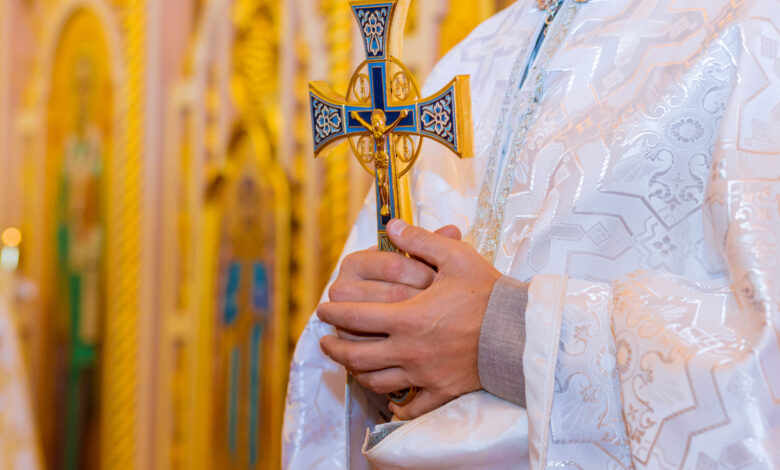Newly Revealed Letter from Vatican Archives Sheds Light on Pope Pius XII’s Knowledge of Holocaust

A recently uncovered letter from the Vatican archives has ignited fresh debate over the role of World War II-era Pope Pius XII during the Holocaust. The letter, written in 1942 by a German Jesuit member of the anti-Nazi resistance, Father Lother Koenig, suggests that Pope Pius XII was aware of the mass killings of Jews in gas chambers in occupied Poland. This revelation challenges earlier arguments put forth by the Vatican to justify the pope’s wartime silence on the Holocaust.
Pius XII, who led the Catholic Church from 1939 to 1958, has long been a controversial figure in history. Critics have dubbed him “Hitler’s Pope” due to his perceived failure to publicly condemn the Nazis during the war. In contrast, some, including the Vatican, have argued that his diplomacy may have saved lives by preventing a Nazi backlash.
The Vatican’s decision to open its secret archives on the wartime pope in 2020 was a response to years of pressure from Jewish organizations and historians seeking a better understanding of Pius XII’s actions during the Holocaust.
The newly revealed letter, addressed to the pope’s trusted private secretary, Rev. Robert Leiber, provides detailed information about the atrocities occurring in Nazi-run concentration camps. Father Koenig reported that as many as 6,000 people, including Poles and Jews, were dying daily in “SS-furnaces” at the Bełzec concentration camp in occupied Poland. This account, discovered by Vatican archivist Giovanni Coco, adds to the body of evidence suggesting that the Vatican was receiving explicit and detailed information about Nazi crimes during the war.
According to the museum and memorial in Belzec, approximately 450,000 Jews, primarily from Poland, were killed at the concentration camp from March to December 1942.
Pope Pius XII’s actions, or lack thereof, during the Holocaust have been the subject of intense scrutiny and debate. Holocaust survivors and their descendants have lobbied against his sainthood process, arguing that his response to the genocide was inadequate. In his 2022 book, “The Pope at War,” historian David Kertzer contended that Pius XII prioritized the interests of the Catholic Church over moral leadership. The pope was reportedly concerned that openly opposing Hitler might lead countries to sever ties with the Church.
Kertzer argued that Pius XII’s approach remained consistent throughout the war, even as evidence of the Holocaust mounted, and appeals for the Vatican to take a stronger stance grew. Ultimately, the historian characterized Pius XII as a moral leader who fell short of his responsibilities during a time of immense human suffering.
This revelation from the Vatican archives adds another layer to the ongoing assessment of Pope Pius XII’s actions during World War II. It underscores the complexity of his role during a period of history marked by profound moral dilemmas and the horrors of the Holocaust. The debate surrounding his legacy continues, with historians and scholars examining the evidence and the decisions made by the Catholic Church during one of the darkest chapters in human history.





